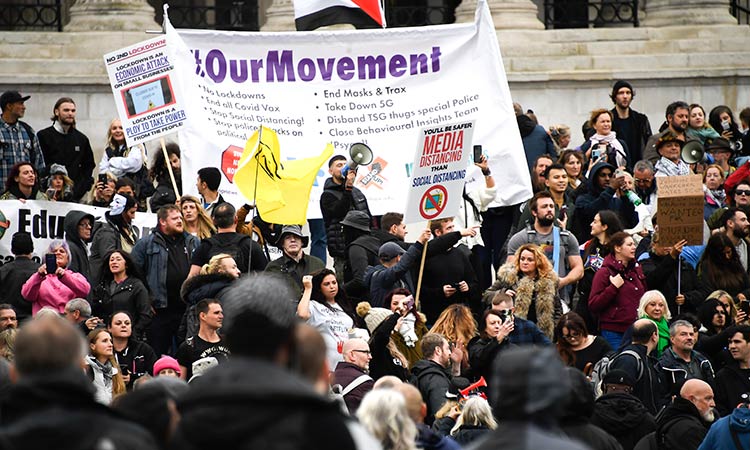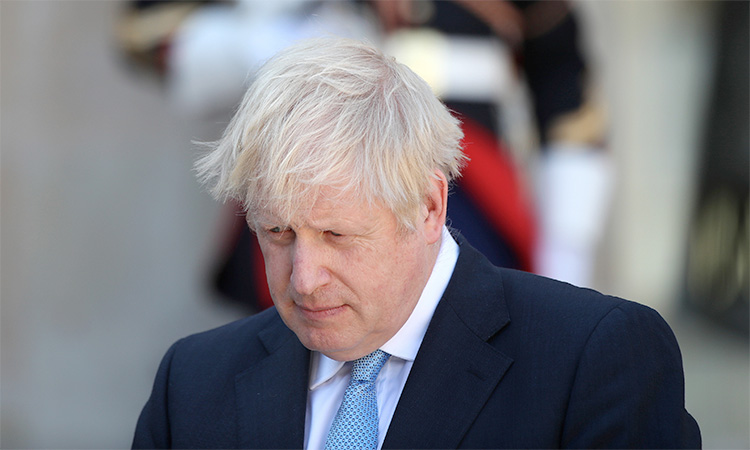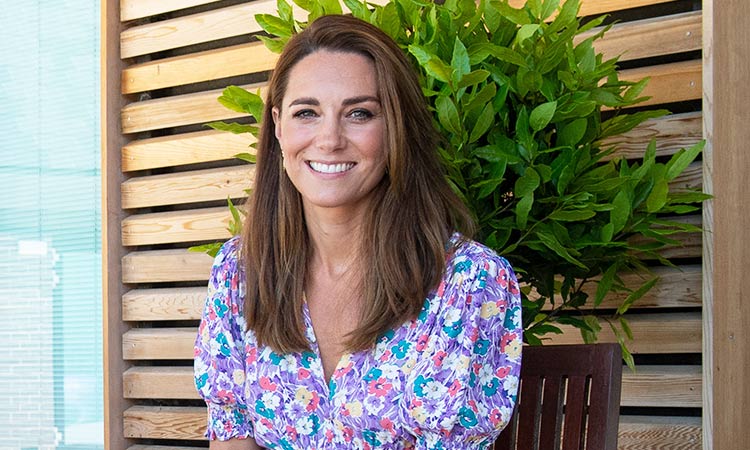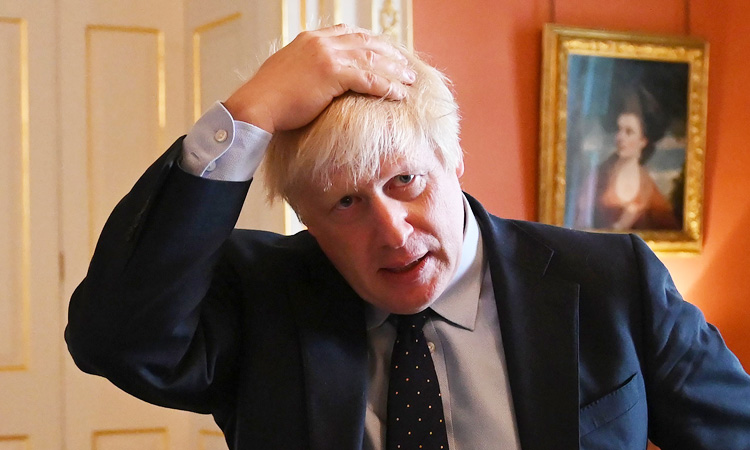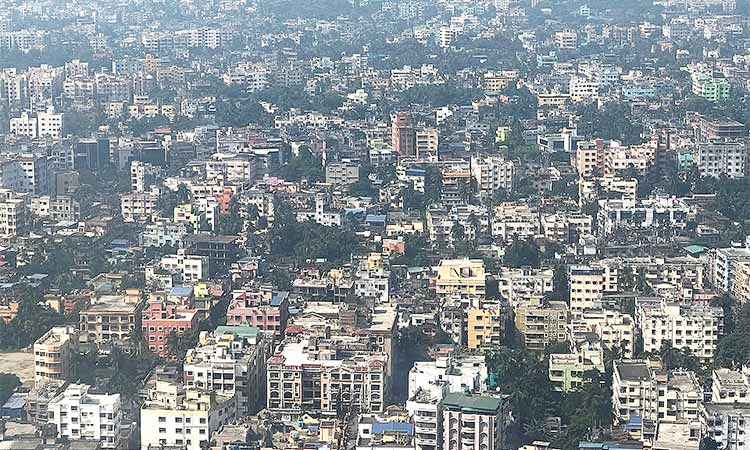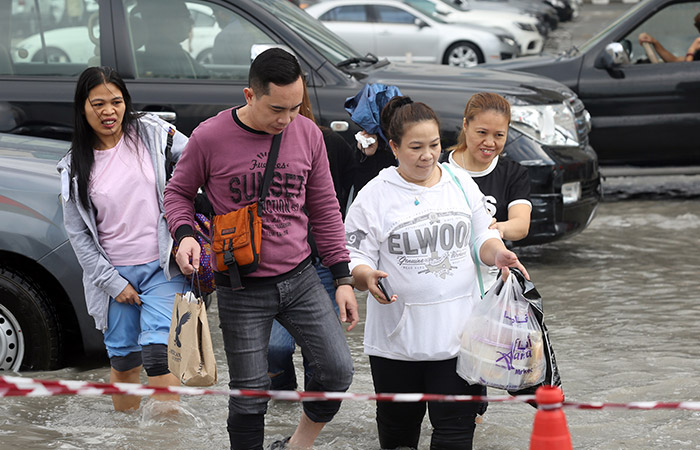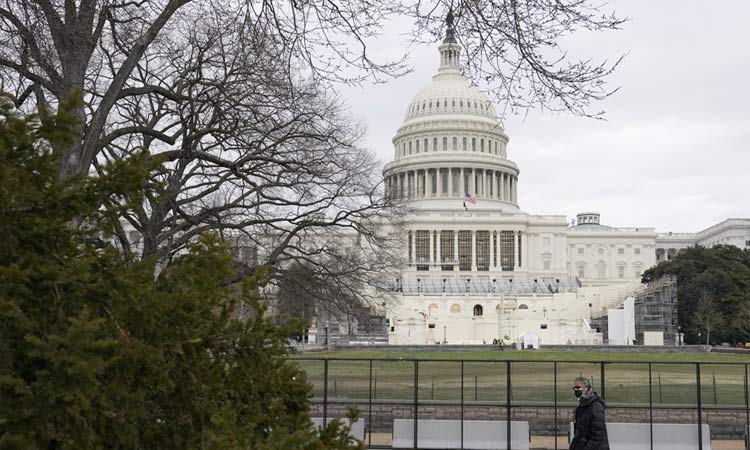East and Southeast Asians in UK dread the racist abuse they could face once the lockdown is eased
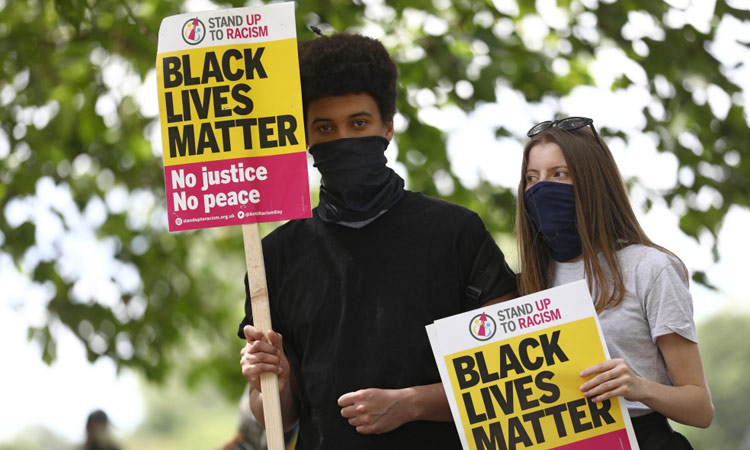
The photo has been used for illustrative purposes.
While watching the violence of far-right protesters targeting Black Lives Matter demonstrators over the weekend, I felt my anxiety about coming out of lockdown growing. Although most people are excited about shops reopening and the lockdown lifting, as a Japanese migrant I’m worried about going back out into public places. Not because of the risk of contracting coronavirus – because of the rise in hate crime against people like me since the COVID-19 pandemic began.
As news about the coronavirus outbreak in China first spread, I started to feel very uneasy about how people would look at me. I had a chilling feeling when I saw the headline “China Virus” flash across the BBC news. Suddenly, I realised that this is how people were looking at all people of east and southeast Asian heritage, racialised as Chinese even when, like me, we’re from elsewhere. We had become “the virus”.
I’ve lived in the UK for more than seven years. In my time here, I’ve experienced verbal abuse and sexual harassment reflecting racial prejudice. I’ve lost count of the number of times people yelled “ni hao” at me with laughter, or made slant-eyed gestures sometimes followed by sexual insults. I know that these are common east and southeast Asian women like me; we’re seen as submissive, and not expected to confront racism where we witness of experience it.
We should never tolerate these kinds of everyday racism, but sadly, over time, I became used to it. Yet during the first couple of months of this year, my anxiety about how my race was perceived in Britain reached new levels.
I noticed clearly that people moved away from me on public transport. I tried very hard not to cough or clear my throat when other people were around me because I worried the reaction I might get. I saw more and more news about racist attacks against people like me circulating around social media, with shocking pictures of victims such as Jonathan Mok, a Singaporean student who was given a black eye and a fractured face.
I was scared that I might be next. Going into lockdown, although lonely and inconvenient, was a kind of relief.
Hate crimes against east and southeast Asian communities have tripled since the COVID-19 crisis began. When I saw those figures, I felt relief: my sense of fear was not just in my imagination.
I wanted to act, so I joined a group of community organisers in a call to Priti Patel, the home secretary, for zero tolerance on racism and a public inquiry. Following an open letter, we held a meeting joined by representatives of the police and the office of the mayor of London. We invited Patel too, but she didn’t come or send any representative, only responding by letter two weeks after the meeting to acknowledge our concerns. During the meeting, I learned that hate crimes against Chinese and other Asian communities are less likely to be reported than some other types of hate crime.
Migrant communities, especially those with limited or no immigration status, have been silenced in the environment of fear that is built upon institutionalised racism within the British government and the Home Office. While this structural racism exists, is any surprise that we continue to face racist attacks in the streets?
I’m scared of lockdown coming to an end. I’m scared of racist abuse. My community is scared of what could happen to us if we report it and, rightly, scared of the institutions that are supposed to keep us safe and protect our rights at a time when we’ve never needed them more.
So yes, we need an end to the hostile environment and fundamental reform of the culture around race and immigration at the heart of government to tackle this. But my community has a role to play too – in support and solidarity with the Black Lives Matter movement, we must also become more vocal about our experiences to bring diverse narratives of racism that are not yet often spoken out about.
As I come out of the lockdown, I tell myself that we must fight our fears. We must refuse to be silenced.
